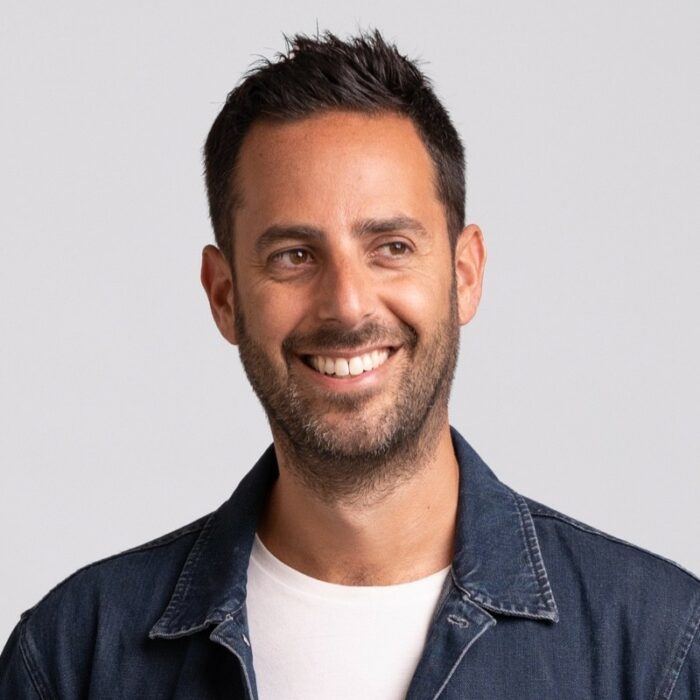Why coaching is the most effective L&D tool for organisations today
- Shawn Liew

As an ongoing priority, learning and development (L&D) teams are consistently identifying skills gaps to develop and deliver training to foster more engaged and productive employees.
The disruption to the way we work over the last few years has heightened this challenge, leading organisations to ponder what is required to succeed in the future. For founders of EZRA, a digital learning and leadership coaching platform, the specific question on their minds three years ago when setting up the company was, “What is the future of L&D?”
The future of L&D is coaching, and it is a more effective tool than training, mentoring, or consulting, as Nick Goldberg, CEO of EZRA, told HRM Magazine Asia, “We’d seen the power of coaching applied to the C-suite to transform leaders to great effect, and knew that if more people had access, we could transform the entire workforce.”
EZRA defines coaching as a personal learning and performance development tool that creates a goal-oriented relationship through a thought-provoking and creative process that inspires participants to maximise their personal and professional potential.

“We’d seen the power of coaching applied to the C-suite to transform leaders to great effect, and knew that if more people had access, we could transform the entire workforce.” – Nick Goldberg, CEO of EZRA.
Above all, what sets coaching apart from other L&D tools is personalisation. “We know that employees are more engaged in their growth journey if their individual passions and goals are heard and prioritised,” Goldberg said. “People aren’t answering emails during a coaching session like they are during a two-hour training video. They’re working one-on-one with a professional coach who is dedicated to helping them achieve their personal objectives.”
Beyond helping individuals grow their skills and become better leaders, coaching implemented at scale also transforms organisations. Coaching, he explained, helps to create better managers and develops leaders’ diversity, equity, and inclusion (DE&I) competencies, which in turn expedites growth needed to retain and engage talent.
Creating a culture of learning by democratising coaching
Realising the potential benefits coaching can bring to organisations, the goal of EZRA over the last three years has been to make coaching more accessible and affordable for everyone.
Goldberg revealed, “Coaching comes with a time-high price tag, which is why it has traditionally been reserved for the C-suite or larger organisations with bigger budgets. When we set out to democratise coaching, we knew that part of increasing accessibility was increasing affordability.”
Building a digital platform and leveraging their access to industry-leading through their parent company LHH of The Adecco Group, EZRA has been able to provide coaching on-demand at a more accessible price point and helped customers enact change at every level of their organisation through.
“From entry-level to middle management and beyond, the more employees that are engaged in a coaching programme, the more an organisation can drive company-wide initiatives such as increasing customer service skills or collaboration among teams,” Goldberg elaborated.
“EZRA was really born from my experience as a CEO within LHH, where I encouraged every member of my team to leverage our world-class professional coaches. I saw how it changed the way our people showed up at work and for our clients, it’s helping to create culture with greater work-life balance, engagement, retention, collaboration, and equity.”
Drawing on narratives such as the Great Resignation and “quiet quitting”, he is also keen to highlight how for myriad reasons, many employees today are not engaged and how coaching can rectify that.
Working with industry leaders such as Lazada and Standard Chartered, EZRA found that implementing coaching at scale can drive up to 28% improvement in prioritisation and up to 72% improvement in engagement.
Recent data from EZRA further shows that when organisations invest in tools like professional coaching, 77% of employees display more loyalty towards their employers because growth and long-term career progression are assured.
Coaching can also encourage more active employee participation because instead of telling employees what to do, coaching gives them opportunities to examine what they are doing with what they want.
READ: Improve employee productivity and increase skills, firms in Singapore told
Within a workplace setting, coaching can be used as a long-term tool to empower DE&I, manage organisational change, develop better managers, improve the new-hire onboarding process, and perhaps, more importantly, create happier teams.
“Today’s workers won’t tolerate jobs that are toxic or unfulfilling, which is a good thing. It has prompted companies to make better investments in their culture and their people, and as you can see, it pays off,” Goldberg concluded.
Click here to find out how EZRA can unleash your organisation’s potential and establish a coaching culture.






